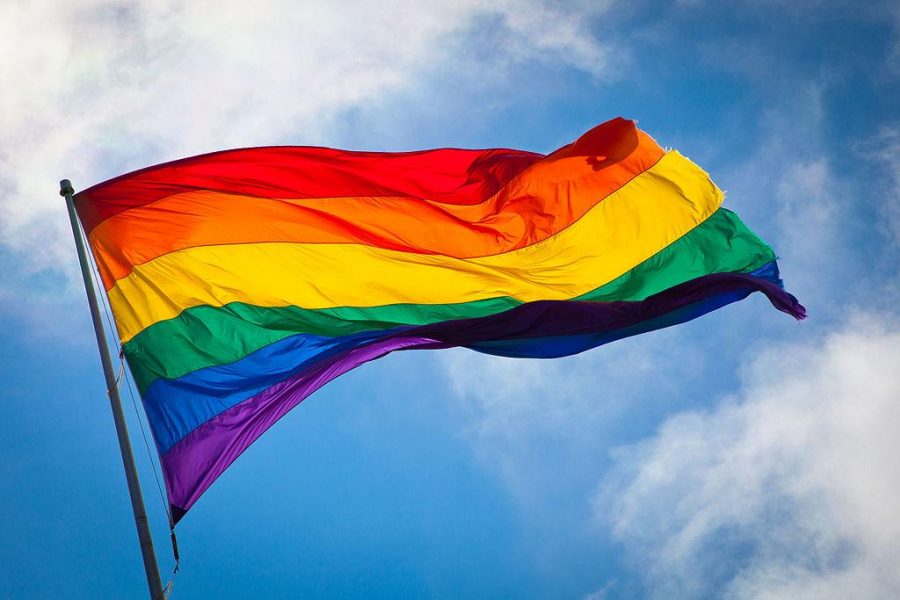A new wave of degradation and ignorance is sweeping higher education, and it manifests in the form of subpar official investigations of reports of sexual assault on campuses. Across the country, students are still afraid and sometimes unable to come forward to seek justice for their sexual attacks because of the shame, lack of assistance and overall negative consequences involved once they open up to authority figures (whether that is staff, faculty, campus police, deans, etc.). It’s sad to say, but students identifying as homosexual, non-cisgender or any other sexuality on the spectrum tend to experience even greater judgement and ignorance if they decide to come forward.
Recently, an article published in the Salt Lake Tribune recounted the experience of a student stuck between a rock and a hard place — either face the authorities and be reprimanded for breaking his school’s honor code (for “same-gender attraction” as well as premarital sex), or suffer in silence. Unfortunately, this student’s first attempt at peace was to try to take his own life.
While in this case it may seem that an overbearing, patriarchal religion is the root of the problem, I believe this student’s poor treatment and inability to yyin support from his faculty or community comes from a different place. Religion is not the issue — ignorance is. For years, and especially since the LGBT community has blossomed into the more open and comforting community it has evolved into today, people have been more understanding of the idea that the sexuality of others has no effect on anyone else. Being a loving, kind, outstanding human being, and identifying as homosexual, pansexual, asexual, etc. are not mutually exclusive.
What seems to perpetuate this idea, that homosexuality is a one-way ticket to Hell or whatever purgatory you choose to believe in, is a lack of education among those who identify as (generally cisgendered) heterosexuals. Maybe the intolerance stems from a place of fear — maybe the idea is still that homosexuals are at a greater risk of contracting severe sexually transmitted diseases, an understandable idea, as the 80s saw a rampant expansion of HIV. However, we have, as a society, come far in the fields of medicine, sexual health and LGBTQ studies. Students are or can become heavily educated on the consequences of unsafe sex (in any form), as well as what their sexuality means to them and how it relates to their life experiences. Therefore, in a purely physical sense, being safe is being safe, and the notion that being gay perpetuates unhealthy activity is irrelevant and false.
The real issue is a stubborn unwillingness to experience life as an individual, to truly learn from experiences outside of the belief system one has been born into. For example, what if you were to hire a gay person and they did their job well? It might be surprising to some, but this scenario reflects reality. Sexuality has no influence on how one performs a job, since this aspect of one’s personality does not interfere at all with one’s work ethic, intelligence, or ability to interact with people and follow directions. Sexuality does not relate to how well someone can do a job, raise a family or meet the needs of those around them.
Living with the secret of sexual trauma or attack is more than enough of a burden. Suicide attempts, depression and anxiety are often the result of unwarranted hate by high-level officials in places where younger generations are just trying to learn, grow and live. We cannot allow the notion to persist that just because we have been taught that a certain sexual orientation is bad (because it has been ingrained in our psyches since birth), it is an overarching, valid paradigm. It’s safe (and sad) to say that officials in higher education need to be urged to dare to question the norms, so that the students they serve and to whom they are giving tools to shape the future do not have to suffer.


